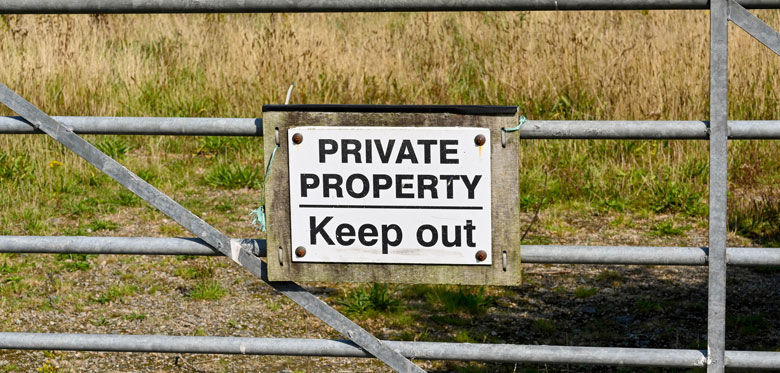Modern Relevance: Is Possession Really 9/10 Of The Law

The adage “possession is nine-tenths of the law” retains surprising relevance in contemporary legal landscapes, particularly when grappling with the complexities of digital property and intangible assets. While originating in a world dominated by physical objects, its core principle – that control and demonstrable ownership are crucial in establishing legal rights – finds new applications in the digital realm, albeit with significant nuances. The traditional understanding of possession, often involving physical control and tangible evidence, requires a substantial re-evaluation when dealing with data, software licenses, and virtual assets.
The application of the saying differs markedly between traditional and digital settings. In traditional legal contexts, possession often implies physical control: holding a deed to a property, possessing a physical document, or having custody of a piece of equipment. These are easily demonstrable and understood within the established legal framework. Digital environments, however, present unique challenges. Possession of a digital asset might involve control over access keys, ownership of a unique digital identifier (like an NFT), or the ability to exercise exclusive control over a piece of software. Establishing clear proof of possession in these scenarios often necessitates intricate forensic analysis and relies heavily on metadata and digital signatures. This discrepancy highlights the need for evolving legal frameworks that effectively address the peculiarities of digital ownership.
Digital Asset Possession and its Complexities, Is possession really 9/10 of the law
Consider a hypothetical scenario involving a non-fungible token (NFT) representing a unique piece of digital art. Alice purchases the NFT, believing she possesses exclusive rights to it. However, the underlying blockchain technology is compromised, and a malicious actor creates a near-identical copy, claiming ownership. While Alice holds a verifiable record of her purchase on the blockchain (demonstrating a form of digital possession), the duplicate NFT creates ambiguity. The question of “possession” becomes entangled with the security and integrity of the blockchain itself, the authenticity of the NFT’s metadata, and the ability of legal systems to effectively trace and verify ownership in a decentralized environment. This situation exemplifies the complexities involved in applying the traditional concept of possession to intangible digital assets and highlights the urgent need for more sophisticated legal frameworks that account for the unique characteristics of digital property.

Tim Redaksi